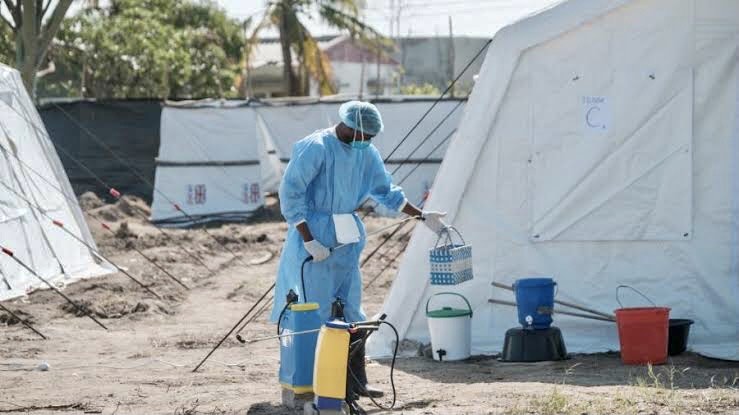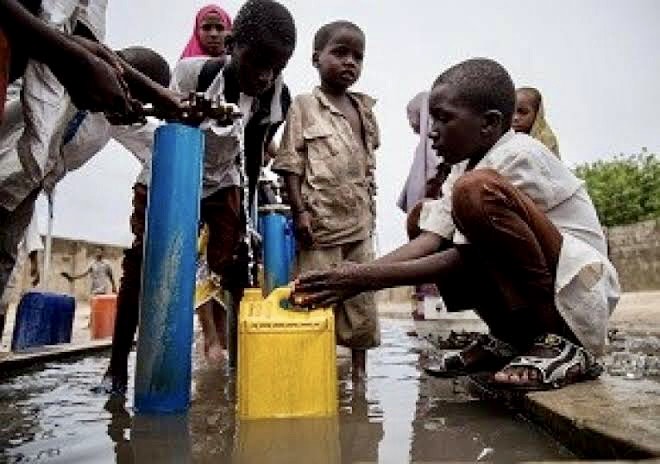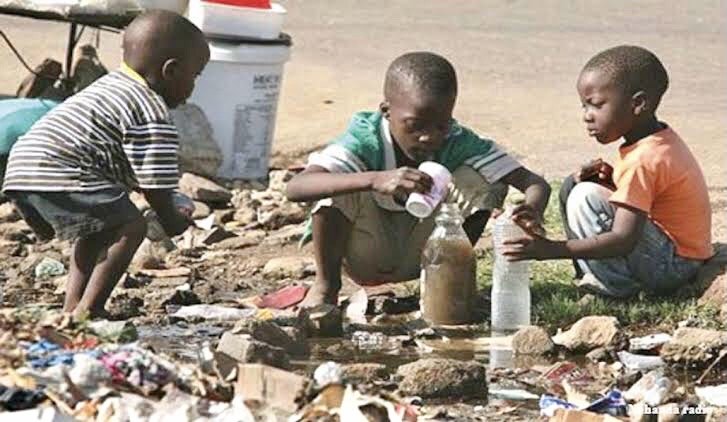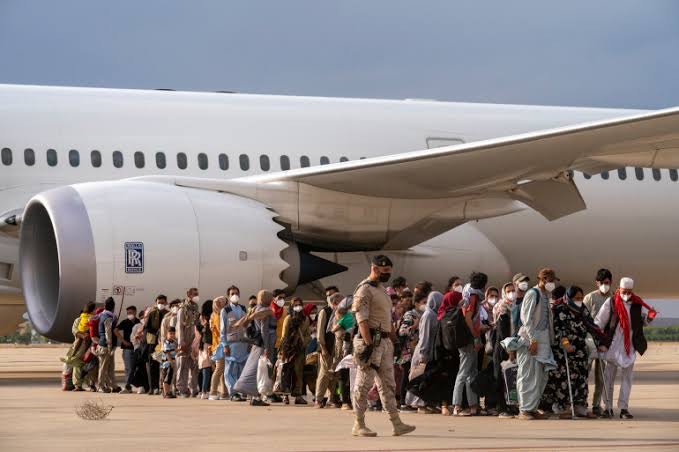
By Faith Nyasuguta
Some 58 people have succumbed to cholera in North-East Nigeria, Borno state in the last one week, state Commissioner for Health Juliana Bitrus has said.
Bitrus confirmed that so far, 559 cholera cases have been documented. The state that shares a border with Chad and Cameroon has reported cases in Gwoza, Kaga, Hawul, Magumeri, Damboa, Maiduguri metropolitan, and Jere local government areas.
In addition to cholera deaths, the region has also recorded over 45,000 deaths in ambushes by Boko Haram insurgents since 2009.

The commissioner reported on August 31 that 354 cholera cases and 34 deaths were recorded in the Gwoza area while the Hawul area recorded 126 cases and 11 deaths.
“The remaining are Kaga with 22 cases and two deaths, Magumeri with six cases and one death, and Damboa with 39 cases and 10 deaths.”
Adding, “Jere has eight cases with one death while Maiduguri has four cases with no death.”
The official clarified that the state had directed all rapid response teams in the affected councils’ disease surveillance and control teams to ensure timely response to all suspected cases.
“All secondary health facilities have been directed to create isolation wards for management of cholera cases,” Bitrus said.
She thus called on the public to take precautionary measures by observing strict hygiene.
“People should observe precautionary measures like regular hand washing before eating and after visiting the toilet, covering of food, and warming of leftover food before consumption,” she said.
State residents were also called upon to treat water with aqua tablets or by chlorination and ensure all those who succumbed are buried in line with the provided regulations.

Gwoza Local Government Area (LGA) chairman Ibrahim Bukar announced that some 34 people have died since August 28.
Professor Bukar revealed that such developments were part of the challenges faced by border communities over a deficit in health and other facilities mostly destroyed by bandits.
“General hospitals, clinics, customs and immigration houses, water and all other properties in the border communities have been destroyed by terrorists,” Prof Bukar said.
“Provision of clean water supply in all border communities is a top priority. Water-related diseases will be avoided when clean water is supplied to border communities. This is very necessary because most sources of water in the destroyed border communities have been polluted with corpses, chemicals…hence they are not good for human consumption,” he added.




